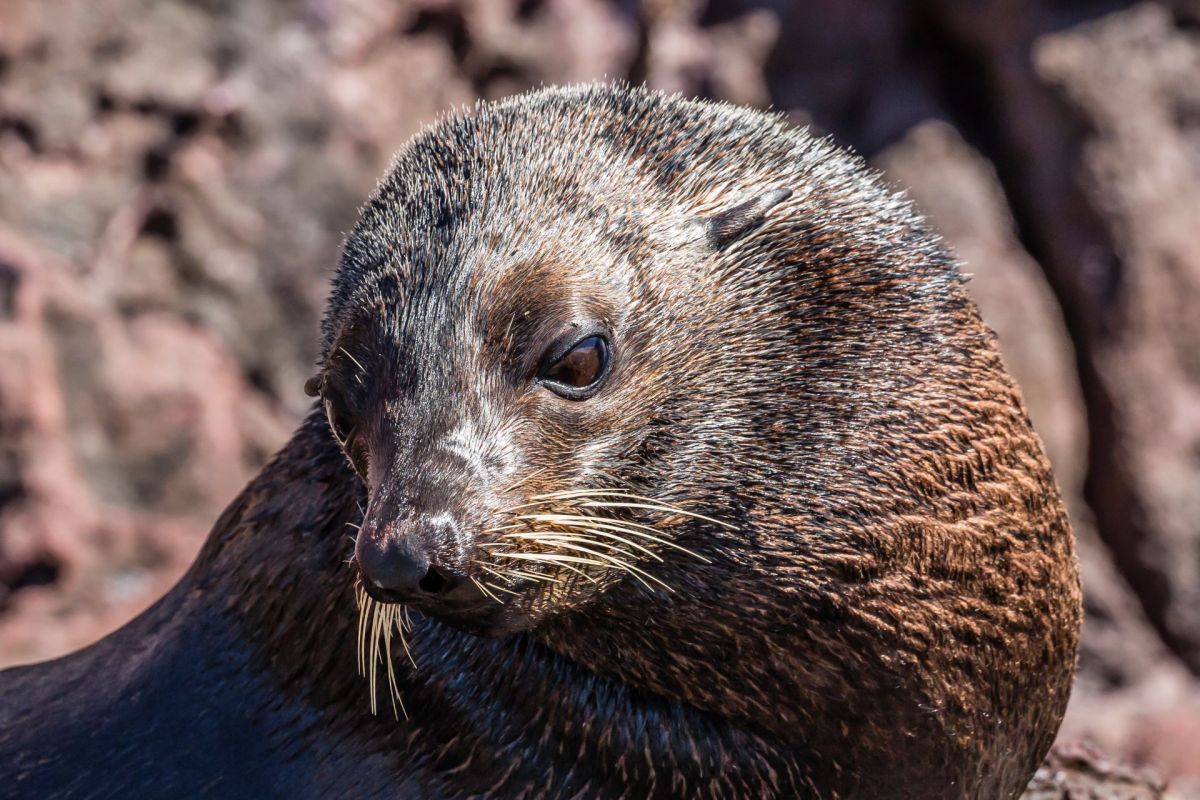The overheating of our planet affects living things everywhere, including seals. Scientists have found that seals are losing their fur, probably as a result of rising temperatures.
Karina Acevedo-Whitehouse, a professor at the University of Queretaro in Mexico, conducted a study of 13 Guadalupe fur seals in the San Benito archipelago off the west coast of Mexico between 2017 and 2018.
She and her team found that nine of the 13 seals showed visible signs of alopecia (the scientific term for hair loss) and that all 13 of the seals had unusually brittle hair.
"Structural changes, although less severe, were detected even in samples collected from fur seals that appeared to have normal fur," she said. "This suggests that the changes are gradual and this alopecia only appears after the fur has undergone extensive structural damage."
After ruling out other factors, Acevedo-Whitehouse and her team concluded that the hair loss was likely a result of nutritional deficiencies caused by rising sea surface temperatures.
Average sea surface temperatures have been rising steadily for the past century and are at an all-time high. Studies have found that, in warmer conditions, seals feed on a different and less nutritious variety of squid than they usually eat, as their preferred prey begins to disappear. This, according to Acevedo-Whitehouse, probably accounts for the hair loss.
While other seals rely on heavy layers of blubber to keep warm, fur seals do not have these thick layers of fat and rely instead on their thick fur layers for insulation. Losing that fur would pose a clear and obvious danger to fur seals' ability to continue to survive in the wild.
This is another likely example of the far-reaching consequences of overheating our planet with air pollution and planet-warming gas emissions.
Though all aspects of life are threatened, marine life is particularly damaged by changes to our planet's climate. And since that damage often happens out of sight of humans, it goes unremarked upon too often. Recently, nearly 200 countries in the United Nations came together to sign a "High Seas Treaty" to protect oceans and their biodiversity.
Join our free newsletter for cool news and cool tips that make it easy to help yourself while helping the planet.









